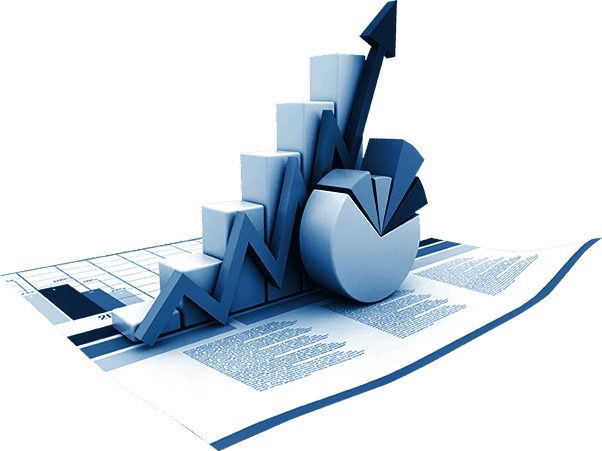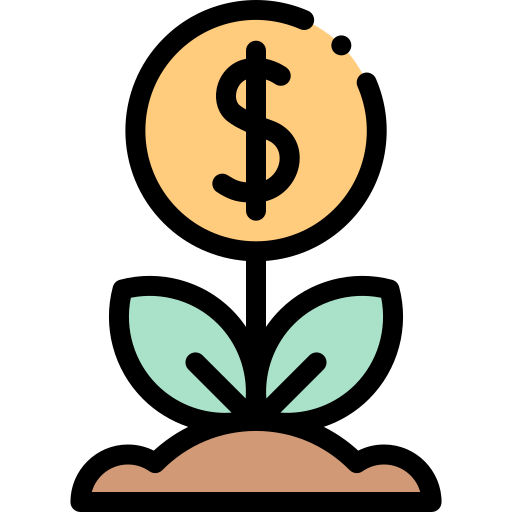Introduction
In the stock market, you can trade more than stocks. It is good for all investors to know about the other types of investors as well. This article will give you a brief overview of what financial instruments are
Financial Instruments
Financial instruments are assets that can be traded. Most financial instruments are easy and efficient to trade and allow the flow of capital

These assets can be cash, a contract to receive or deliver cash, or exchange financial instruments. They can also be proof of ownership.
Basically, they are documents that represent a legal agreement that involves any asset or monetary transaction.
The two types of financial instruments are cash instruments and derivative instruments
They may also be classified as debt-based instruments or equity-based instruments.
Equity-based instruments represent ownership of an asset
Debt-based instruments represent a loan that the investor has provided to an owner of an asset
Cash instruments are directly related to markets. Their prices are determined in the market. Think of a share. The price keeps on fluctuating due to market demand. Hence, it is a cash instrument. They may also be loans and deposits.
The value and characteristics of debt instruments are dependent on the asset that is involved in the transaction. For example, a bond is a debt instrument.
Important financial instruments:
Bonds
Companies raise capital from Investors. Companies then pay the investors payments of interest
Example: Imagine you want to start a project that will start earning money in two years. To undertake the project, you will need an initial amount to get started. So, you acquire the requisite funds from a friend and write down a receipt of this loan saying ‘I owe you Rs 1 lakh and will repay you the principal loan amount by five years, and will pay a 5% interest every year until then’. When your friend holds this receipt, it means he has just bought a bond by lending money to your company. You promise to make the 5% interest payment at the end of every year and pay the principal amount of Rs 1 lakh at the end of the fifth year.
Thus, a bond is a means of investing money by lending to others. This is why it is called a debt instrument. When you invest in bonds, it will show the face value – the amount of money being borrowed, the coupon rate or yield – the interest rate that the borrower has to pay, the coupon or interest payments, and the deadline for paying the money back called as the maturity date.

Mutual Funds
Mutual funds indirectly allow you to invest in the stock market. The fund manager takes care of the investments. Mutual funds issue units, which have a certain value. When you invest, you hold a certain number of units. When the financial instruments that the mutual fund scheme invests in, you make money. The mutual fund takes brokerage from you. If the investments that the mutual fund invests in pay dividends or increase in value, you make money.

Derivatives
Usually, the price of stocks and other such instruments continuously fluctuates based on the market and the company. This is where derivatives come into the picture. Simply put, you enter an agreement to buy or sell a financial instrument in the future, at a fixed price you set today.




